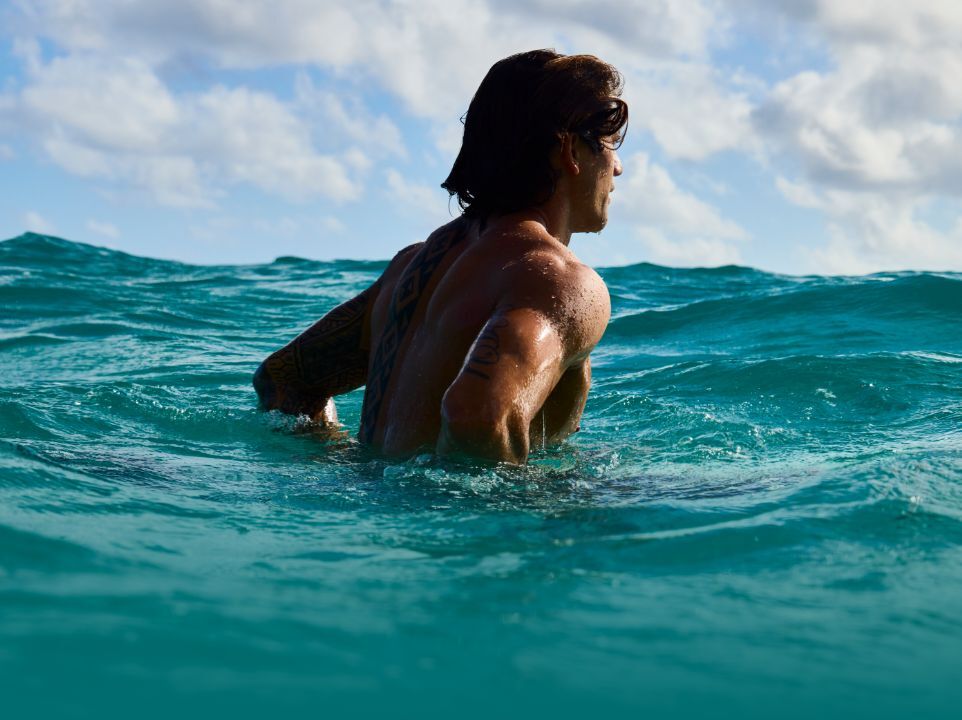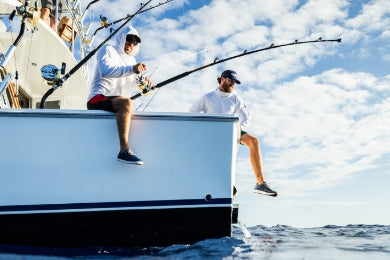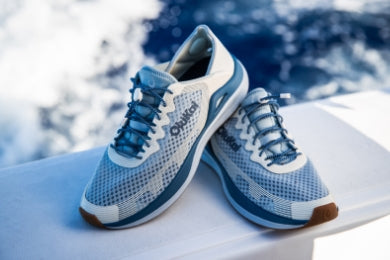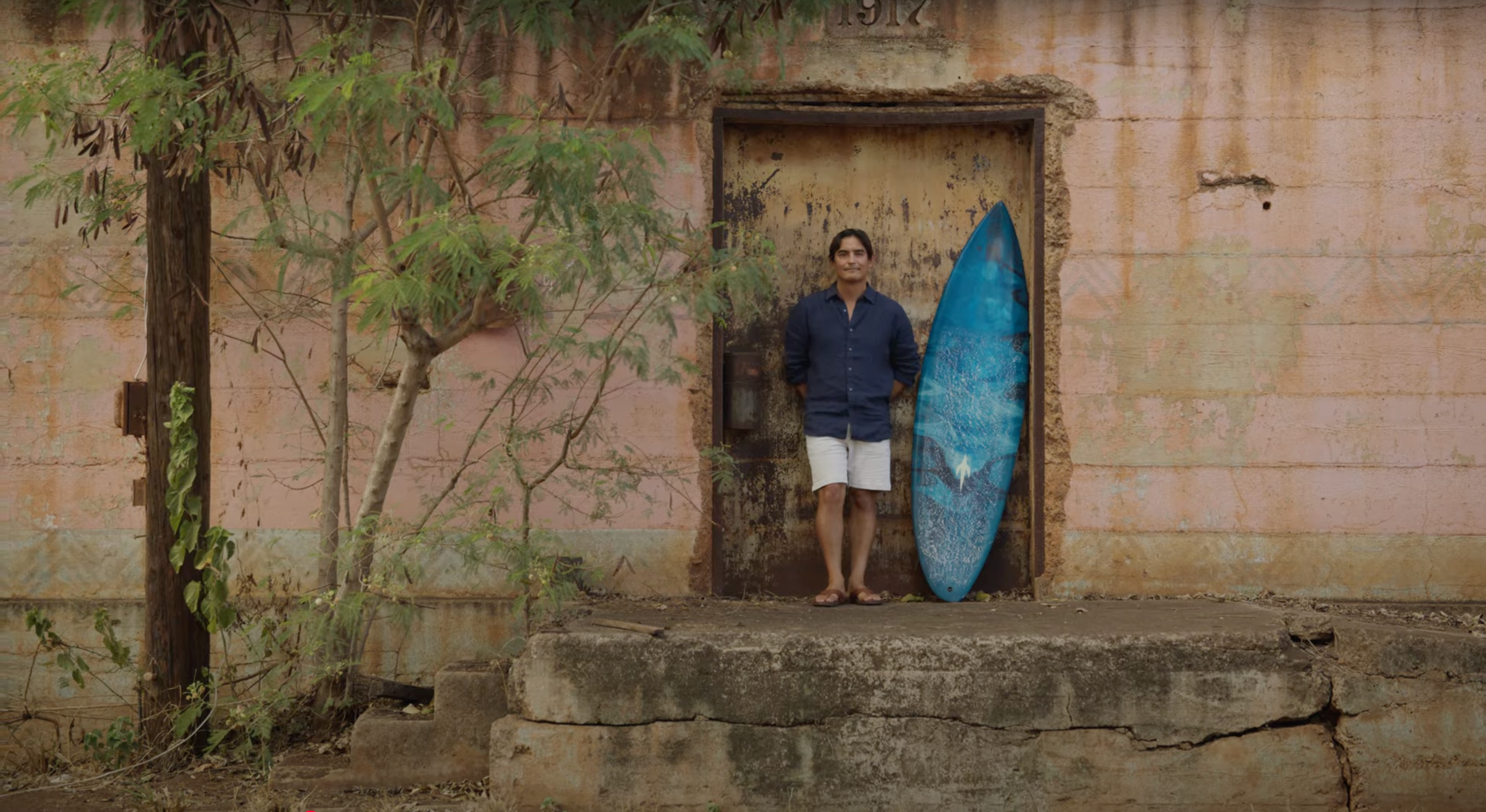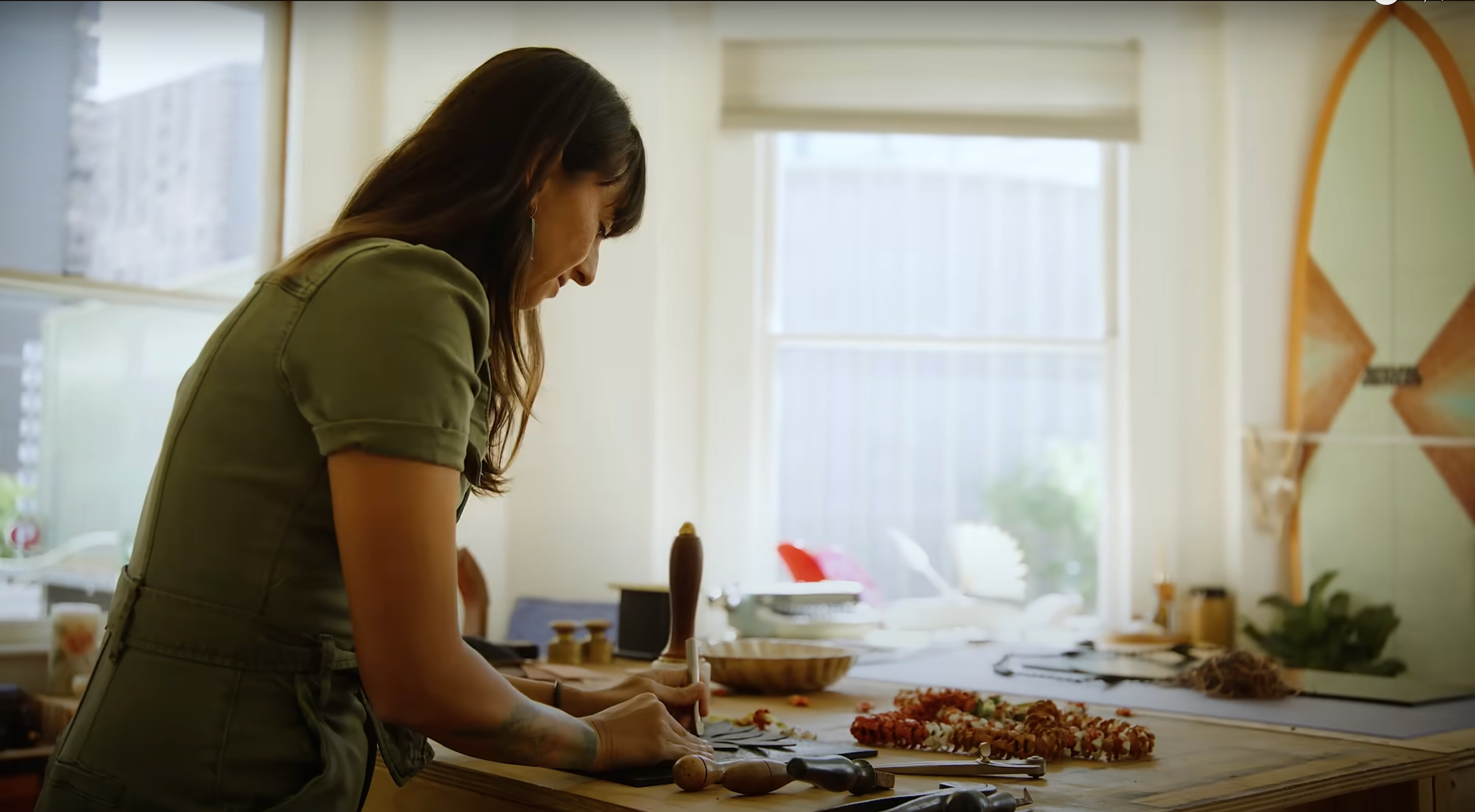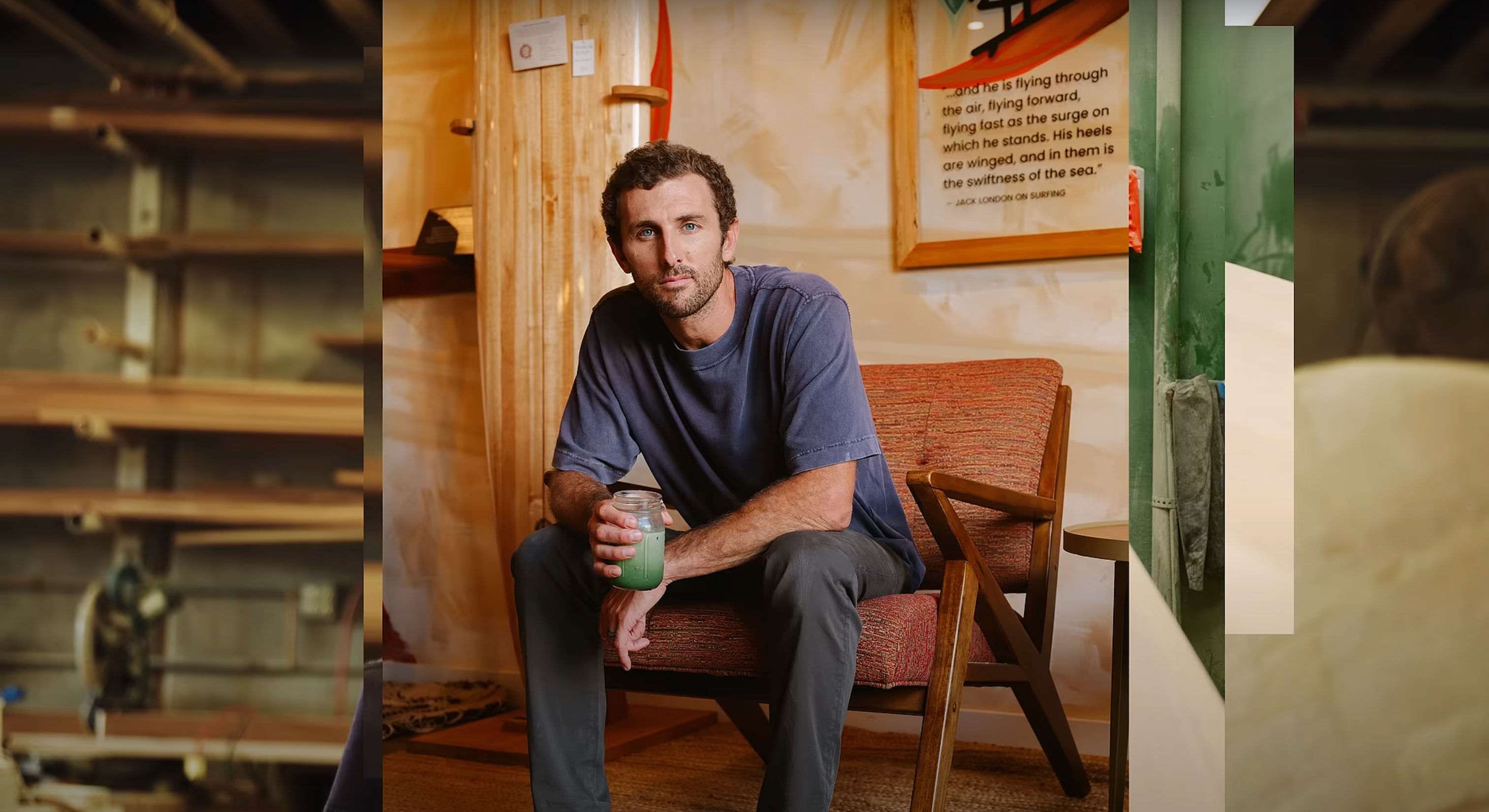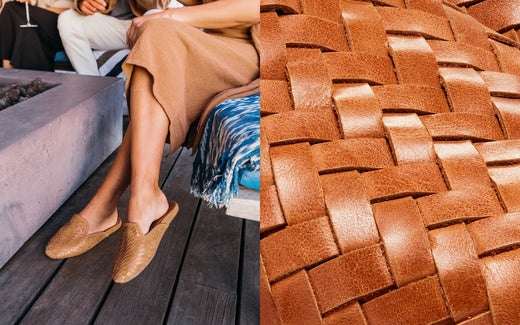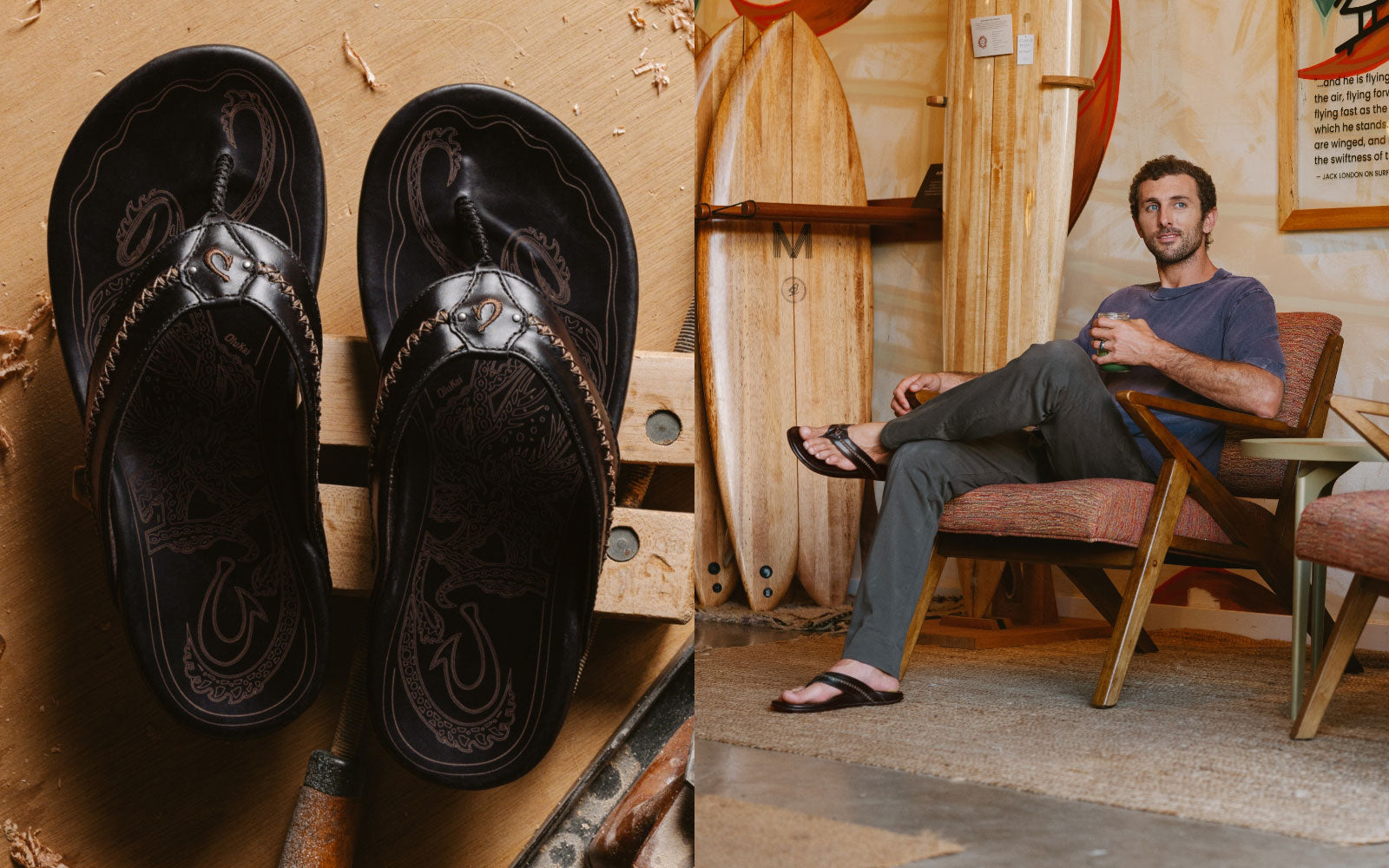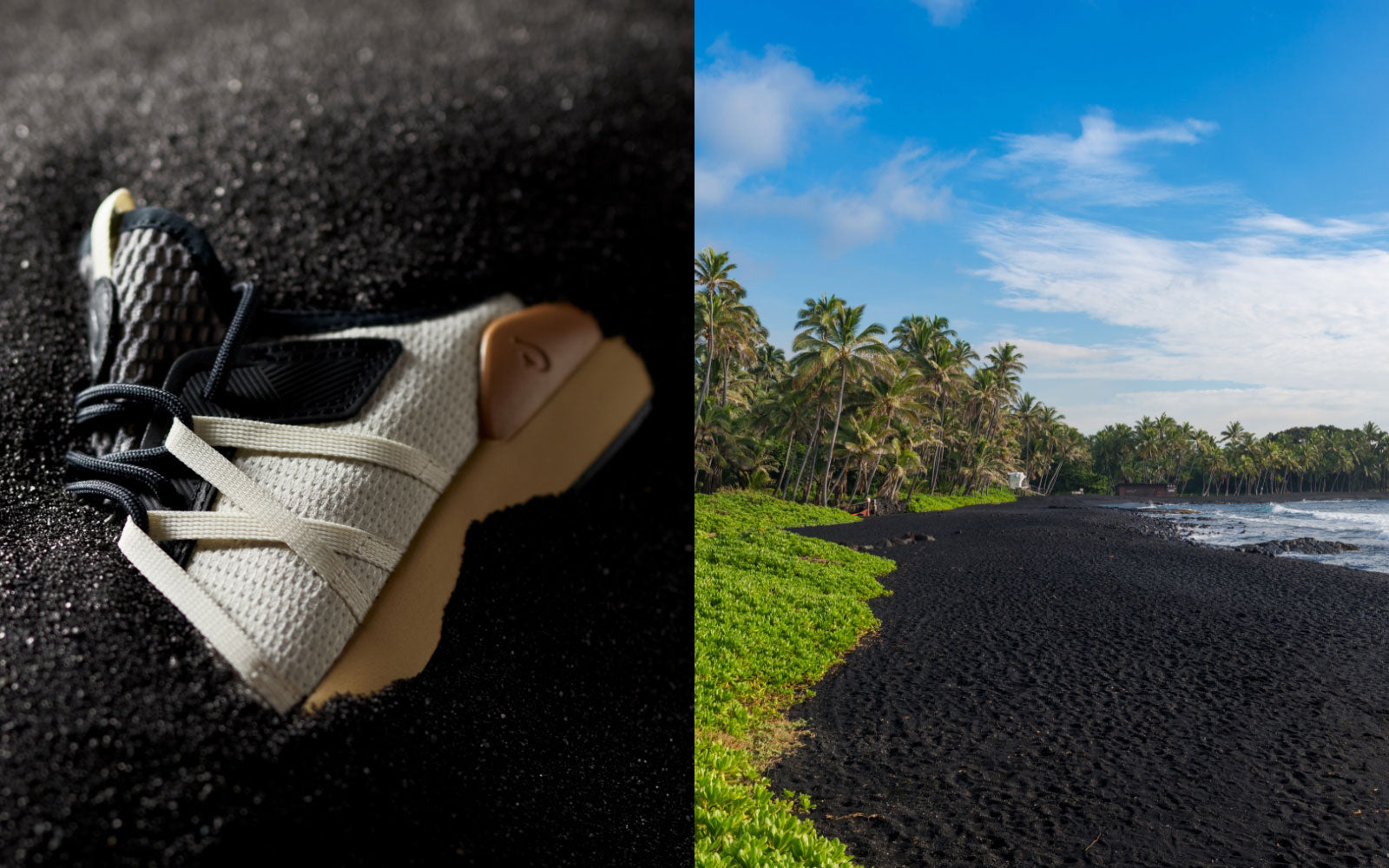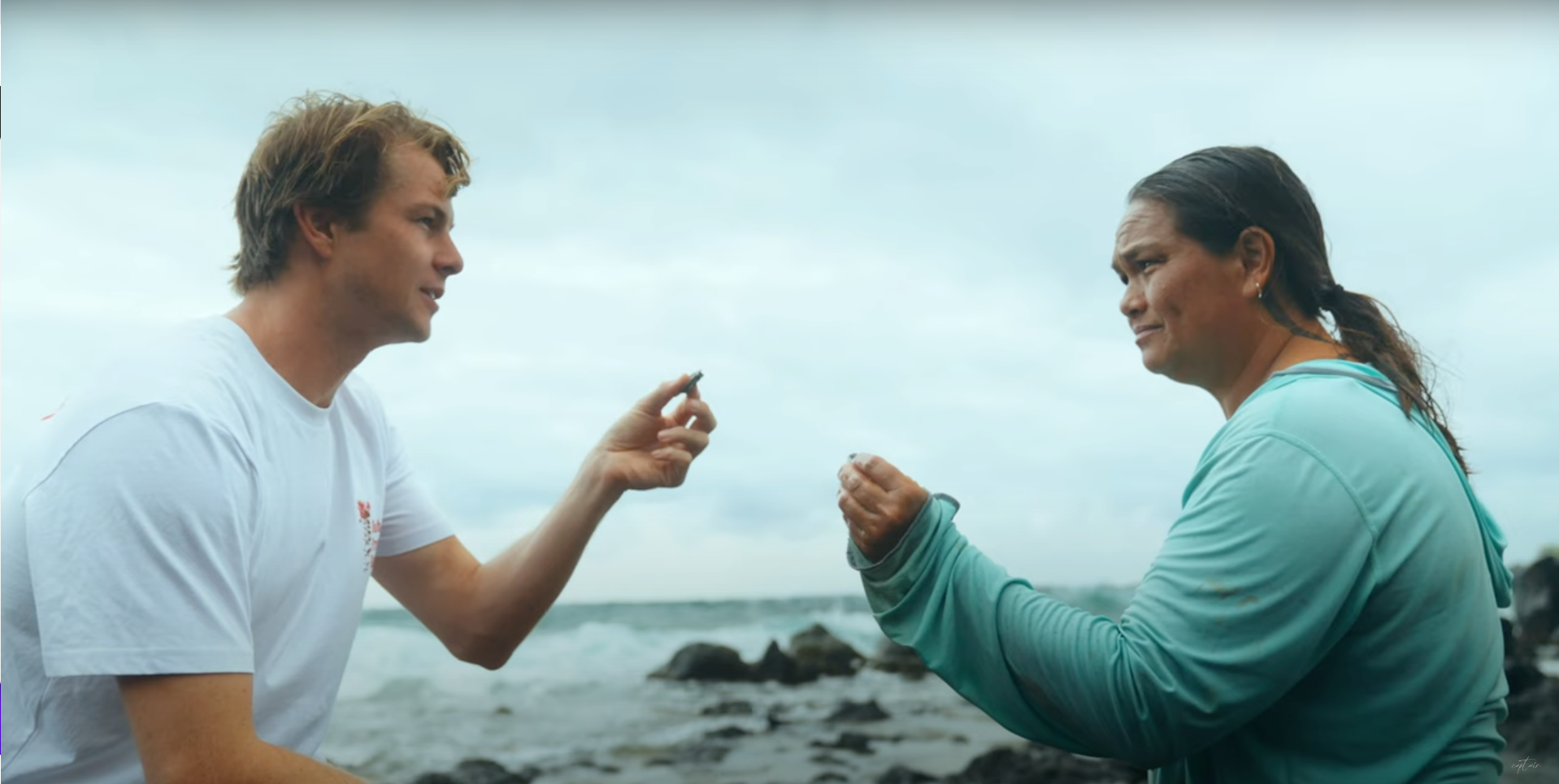Raised on Kaua‘i's shores, Mike Coots forged a deep bond with the ocean early on. At the age of 18, a harrowing shark attack forever altered the course of his life, claiming his right leg. Turning pain into purpose, he became a passionate shark conservation advocate. With his camera, Coots captures the grace of sharks, sharing their story through compelling prints and a book that reveals their essential role in the ocean's ecosystem. We asked him about that experience and how it shaped his life.
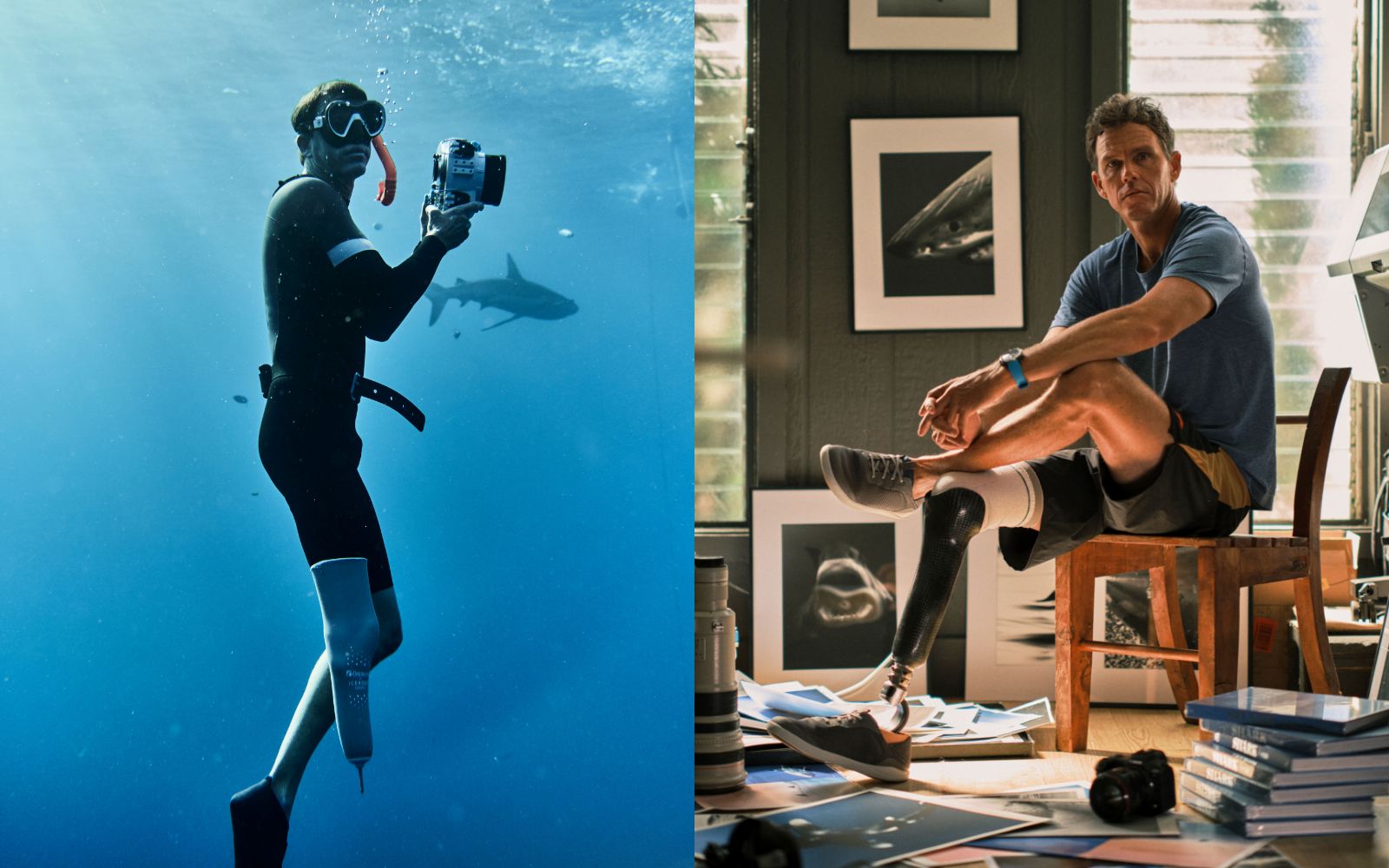
How did your journey with the ocean and photography begin?
All my friends love the ocean. That's all we talked about in elementary school. I started to learn how to use my thumb to hitchhike with friends and find any way I could to get into the water. We were learning how to surf in one of the most beautiful places in the world. My very first photograph in the ocean is with a disposable film camera. think you got like 24 or 36 shots, and there was always one good shot. And it was really to show my parents they weren't diehard ocean-loving as much as I was. That evolved into shooting my friends surfing, and then my friends got better and got endorsements and or making money.
Can you share the story of what was happening just before the accident?
Surfing was so important to my friends and I that we would not miss a swell. And we saw a beautiful one coming shortly after my 18th birthday. It was in late October. We woke up very early before the sun came up and got down to the beach. The waves were absolutely going off. There was a stranger that I had never surfed with before, and he started paddling for the wave, and so did I. As soon as I made that first paddle motion, a large shark came outta the water and grabbed one of my legs. I felt no pain, just like there were thousands and thousands of pounds of weights in my leg. I punched it in the nose, and it let go of my legs. I got back on my board. I looked at the guy next to me. He didn't say a word. He just gave me this crazy, scary stare in a way. My friend Kyle ran right up to me. He took my leash off my arm and used that as a tourniquet. Later, I found out that saved my life. He said a prayer for me. I remember closing my eyes and thinking I was gonna die, but it wasn't scary. It was sort of a surreal, really peaceful feeling in a way. I woke up a day later in our main hospital with my parents by my bedside. They're like, Mike, you lost your leg to a shark attack. I was like, I know. I saw it happen.

In what ways did your life and passions, especially surfing, change after the accident?
It sounds completely strange, but it didn't bother me that much that I was missing a leg because I could still ride waves. My life didn't really change that much. I just got a piece of carbon fiber and some titanium on my leg, and that's it. As I got older, I figured out how to use my prosthetic really well, and there's really nothing I can't do that my friends can't.
What was the turning point that inspired you to transition from being a shark attack survivor to becoming an advocate for shark conservation?
It wasn't until years after the attack that I got a phone call from a lady named Debbie. That phone call was probably one of the biggest moments in my life. She was a shark attack survivor from Florida and was like, “Do you want to help some other shark attack survivors lobby for shark conservation?” Those were words I'd never heard before. And that phone call was the catalyst for watching Shark Water. Shark Water was created by this guy Rob Stewart. I'd never seen a shark film like that. I had never seen people diving and swimming with sharks underwater. They talked about a hundred million sharks a year killed for their fins. They talked about if sharks are removed from this earth, so are we. The next day, I told Debbie I was in. It was really that moment that changed the trajectory of my life, that very phone call.
What draws you to photograph sharks, and how does it tie into your desire to help them?
Shark photography is definitely my favorite subject. Some people may think I'm a crazy shark guy, but as a subject for a photographer, they're extremely badass, fun, challenging, difficult, everything that I want in a subject. There's a purpose for me to be here on earth. My purpose here is to give back to the ocean. Sharks need to be loved. They need respect. They need our protections. Sharks need a good publicist, and maybe in some way, I'm their publicist. I feel like the fricking luckiest shark attack survivor on earth. Maybe that shark chose me, and that's why I'm here doing what I'm doing. There's always a different lesson. And that's the beauty of the sea. The ocean nearly took my life, but it's given me everything in my life. This wasn't a planned-out life, but the ocean calls you. It almost feels like I'm not in the driver's seat, that I'm being steered in this direction. I would never have thought my life would revolve around sharks. But fate loves irony.
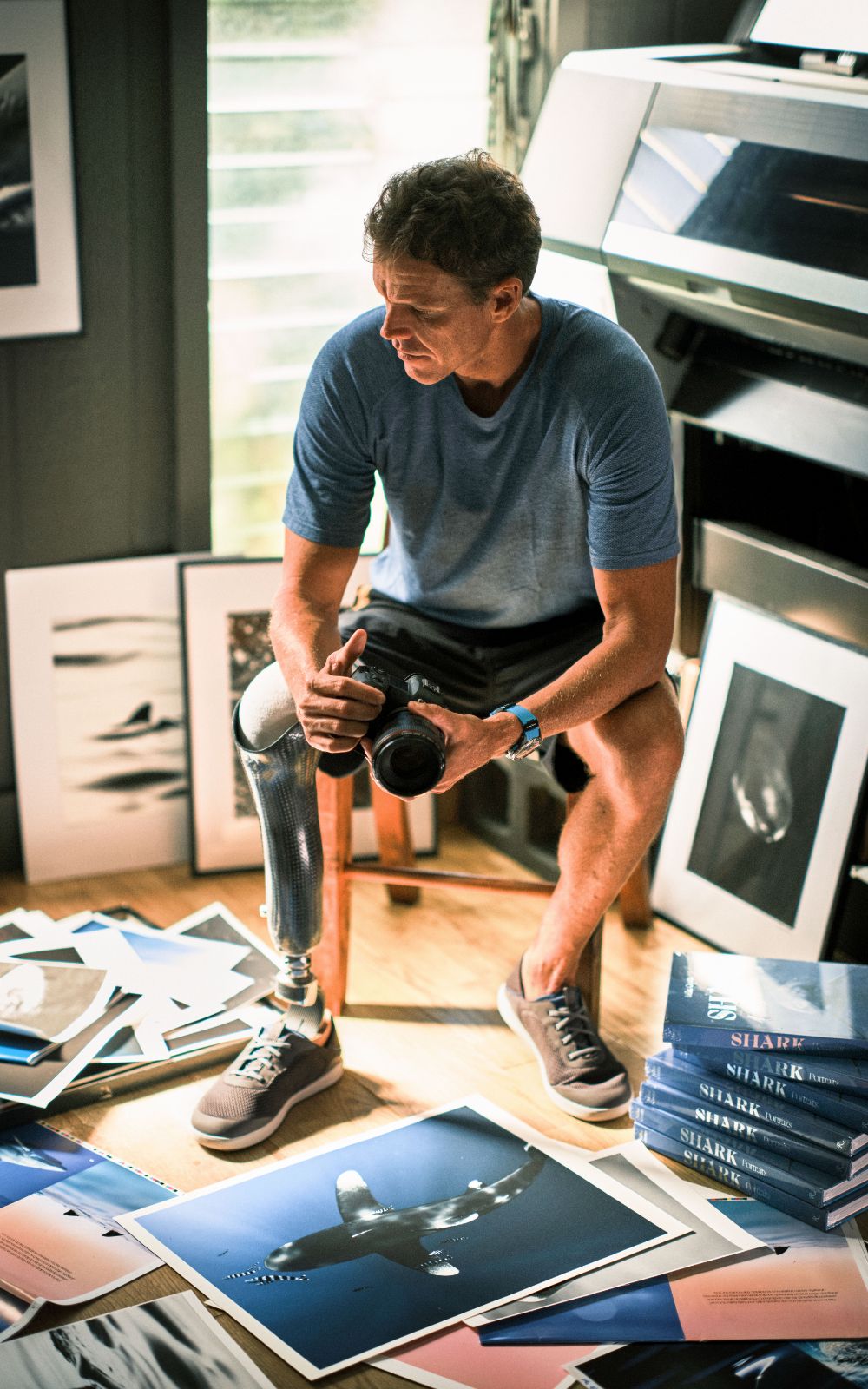
Watch the full story here for a deeper dive into Mike Coots' remarkable journey from shark attack survivor to shark conservation advocate, including his stunning photography of these remarkable creatures.


